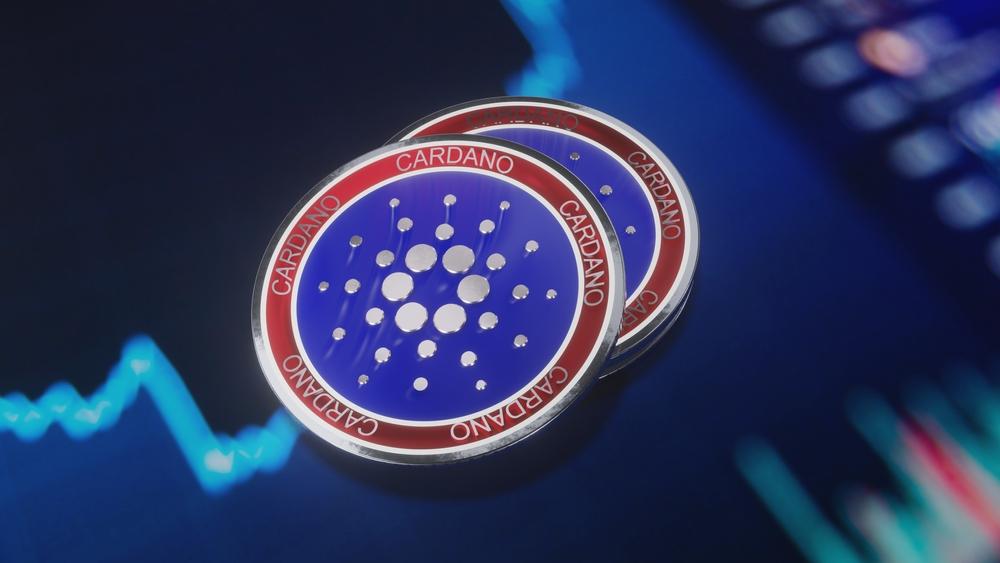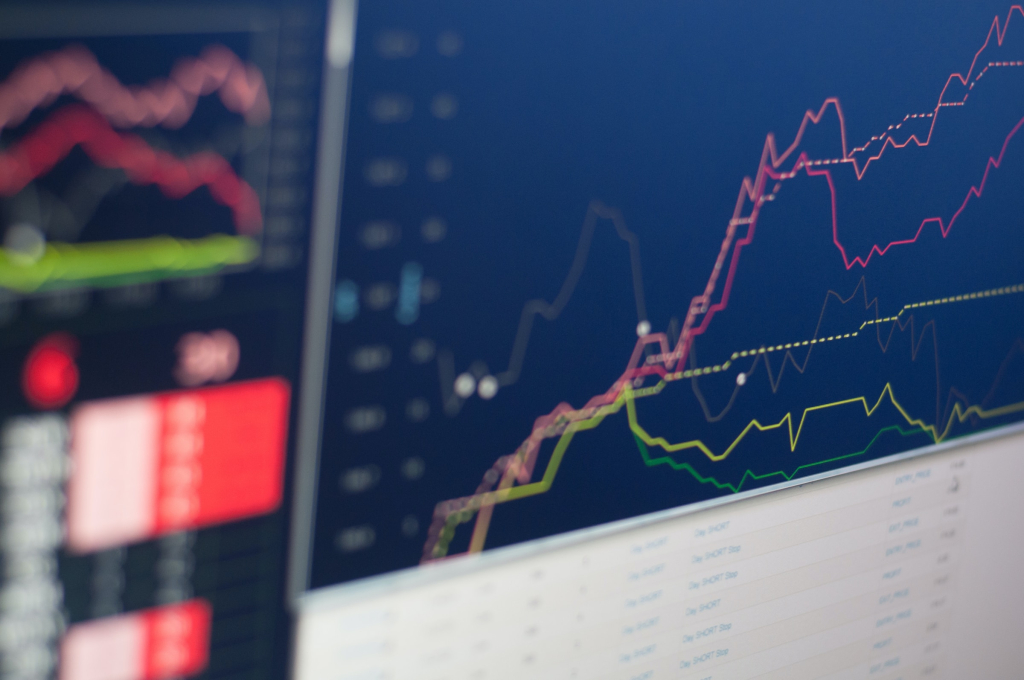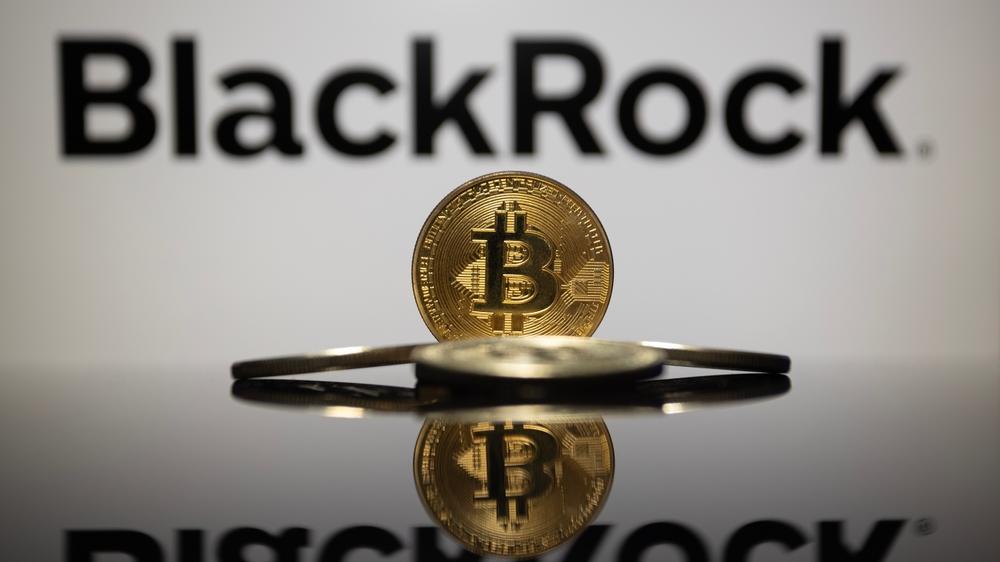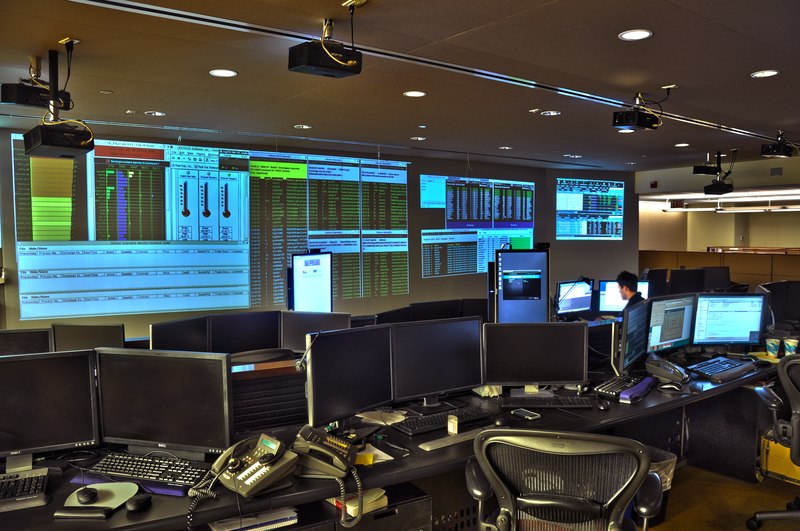A recent DARPA report reveals significant challenges in developing quantum computing solutions for finance, questioning the feasibility of achieving a quantum advantage for market predictions.
DARPA Collaborates with Top U.S. Labs to Benchmark Quantum Computing's Role in Future Finance
One of the most challenging issues for scientists in the field is quantum computing for finance.
According to Cointelegraph, researchers from several distinguished laboratories in the United States, such as the Los Alamos National Laboratory, NASA, and MIT's Lincoln Laboratory, recently collaborated with a government program to identify and benchmark critical areas for quantum computing researchers to concentrate on.
The investigation was conducted by the Defense Advanced Investigation Projects Agency (DARPA), the military think tank of the United States government. Its purpose was to provide an overview of chemistry and material science's current and future quantum computing capabilities. However, the team needed not to determine whether quantum computing could offer a distinct advantage in the field most closely associated with future finance and fintech applications.
In a variety of various computations, scientists anticipate that quantum computing will one day exhibit a clear advantage (referred to as "quantum supremacy" or "quantum advantage") over classical, binary computers.
Developing algorithms and hardware capable of processing "nonlinear differential equations" is an area of interest for many quantum computing researchers.
Scientists widely believe that quantum computers will substantially increase the efficiency of processing these equations. This would significantly enhance related forecasting and simulation systems, encompassing financial and weather prediction models.
Quantum computers capable of solving the most intricate nonlinear differential equations would theoretically be able to predict market movements on a global scale with an accuracy significantly superior to that of the most powerful supercomputers and in a fraction of the time. This is contingent upon their successful development and implementation.
DARPA's Findings Highlight Quantum Computing's Potential and Limitations in Predicting Financial Markets
The DARPA research mentioned above suggests that the concept of a quantum computer capable of accurately predicting the stock, commodities, and cryptocurrency markets could be more focused than many research laboratories may have anticipated.
Quantum computing is still in its infancy; however, the threat of quantum attacks (using quantum computers to overcome modern encryption methods) has made it a priority for governments worldwide, including the U.S.
This new research, as indicated by documents published by DARPA, suggests “that it is plausible that quantum computers will provide advantage for economically valuable applications in certain chemistry, quantum materials, and materials science applications.” Unfortunately, the documents also state that, per the research:
“It is unclear, at this point, whether any advantage can be achieved for applications in nonlinear differential equations.”
Although this is undoubtedly a setback to the notion that we are on the brink of developing quantum computers that will enable us to trade the markets profitably, it is essential to note that DARPA is not the be-all and end-all of the quantum computing industry.
Microsoft and Rigetti (the former was involved in this study, and the latter has partnered with DARPA on numerous occasions) have made independent advancements in quantum computing with the government. In contrast, Google and IBM have made independent advancements in "quantum advantage."
Photo: Microsoft Bing


























Comment 0